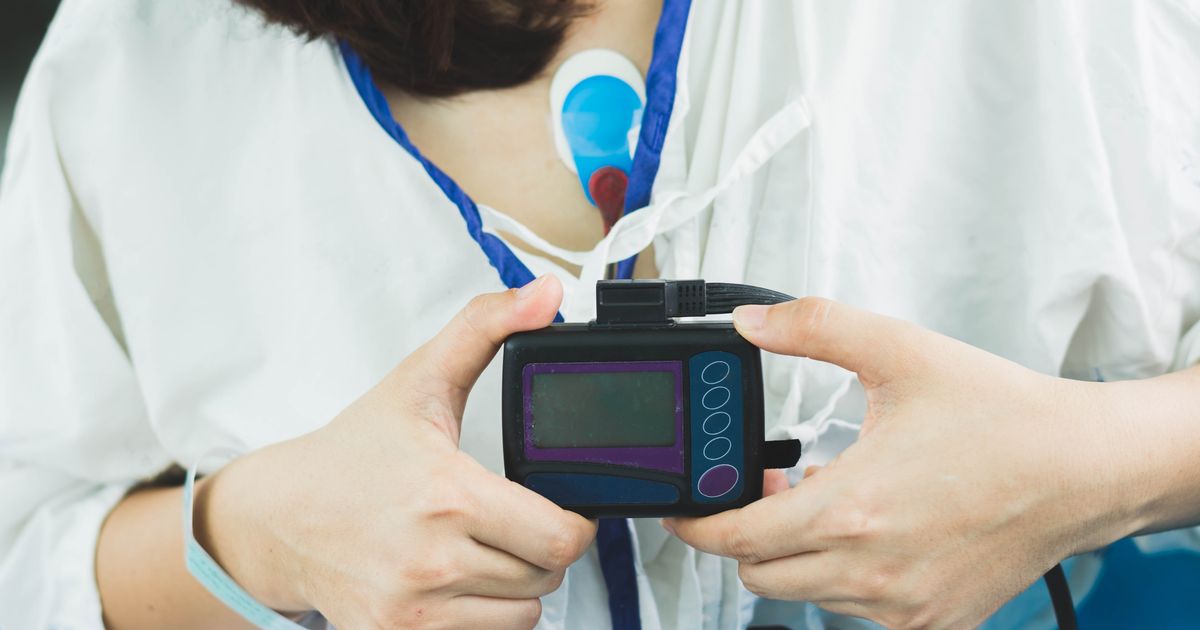What Is Hypotension?
What Causes Hypotension?

It may surprise some to learn, but an individual’s blood pressure varies throughout the day depending on a variety of factors such as physical condition, stress, as well as the time of day. In most cases, blood pressure is lowest at night and rises when walking or when under stress. This is important to mention, as what doctors may consider low blood pressure or hypotension for one person may be considered normal for another, which is where the previously mentioned thought that hypotension is an issue when it begins to cause symptoms comes in.
The causes of hypotension, when it is most likely to cause an issue, are quite varied, but typically fall under either medical conditions or medications. Medical conditions commonly causing hypotension include pregnancy, heart problems such as bradycardia, hypoglycemia, diabetes, Addison’s disease, dehydration, blood loss, severe infection, lack of nutrients such as vitamin B12 and iron, and a severe allergic reaction. Medications that can contribute to low blood pressure, often as a side effect, include diuretics, alpha blockers, beta blockers, tricyclic antidepressants, erectile dysfunction drugs, and drugs for Parkinson’s disease. In many cases, the array of symptoms and potential causes of hypotension can make diagnosing it quite scary due to the tests patients often have to undergo.
Diagnostic Tests

Identifying hypotension itself is quite easy, considering it is a simple blood pressure test everyone gets when they go to the doctor. However, doctors will often recommend taking your blood pressure more regularly to determine if it is a one-off or a regular occurrence, which is where the blood pressure machines in many pharmacies come in handy. But this is not the only reason doctors will perform a diagnostic test. Since hypotension often has an underlying condition causing it, many of the diagnostic tests help to determine what, if any, other conditions may be present.
Blood tests help detect hypoglycemia, diabetes, and anemia, which can all result in low blood pressure. Tests such as electrocardiograms (ECG), echocardiograms, stress tests, and Holter monitors all help to determine if there are any heart abnormalities contributing to low blood pressure. Low blood pressure due to faulty brain signals, called neurally mediated hypotension, or upon standing can be diagnosed and accurately evaluated through the use of a tilt table test. Once doctors detect hypotension, the focus becomes treating and managing the condition.
